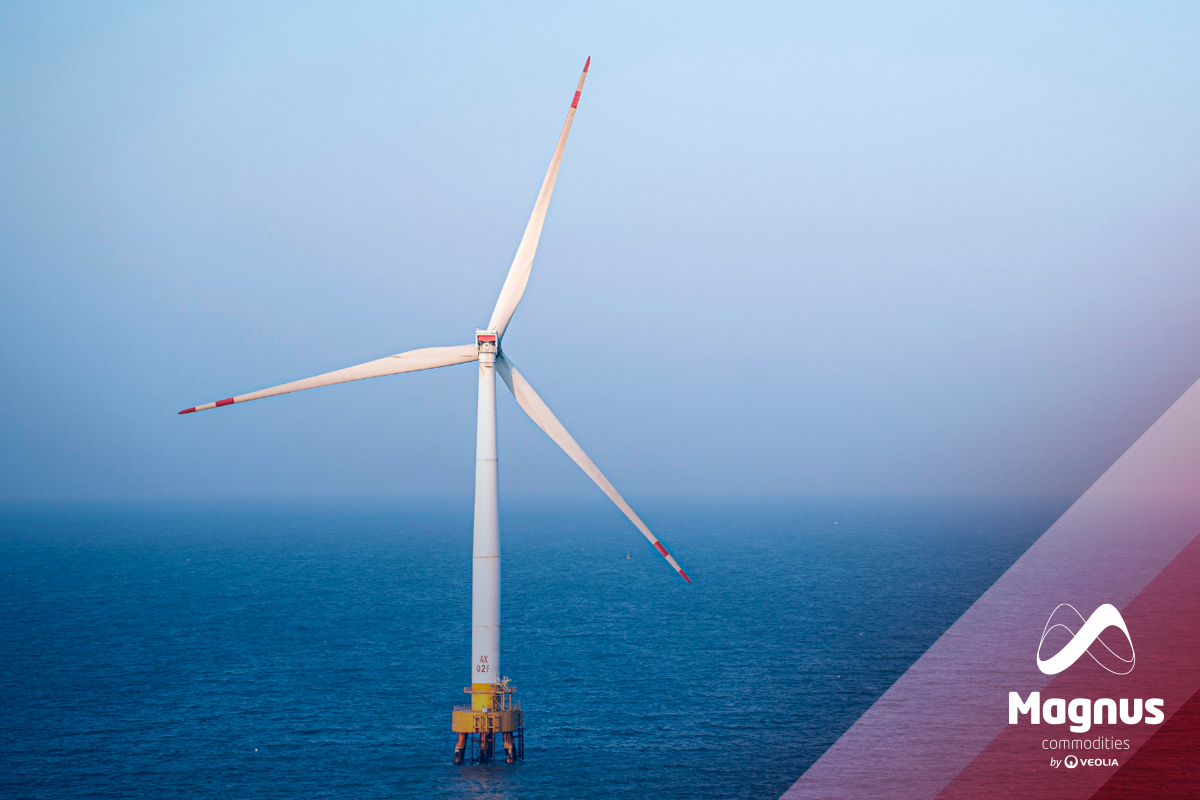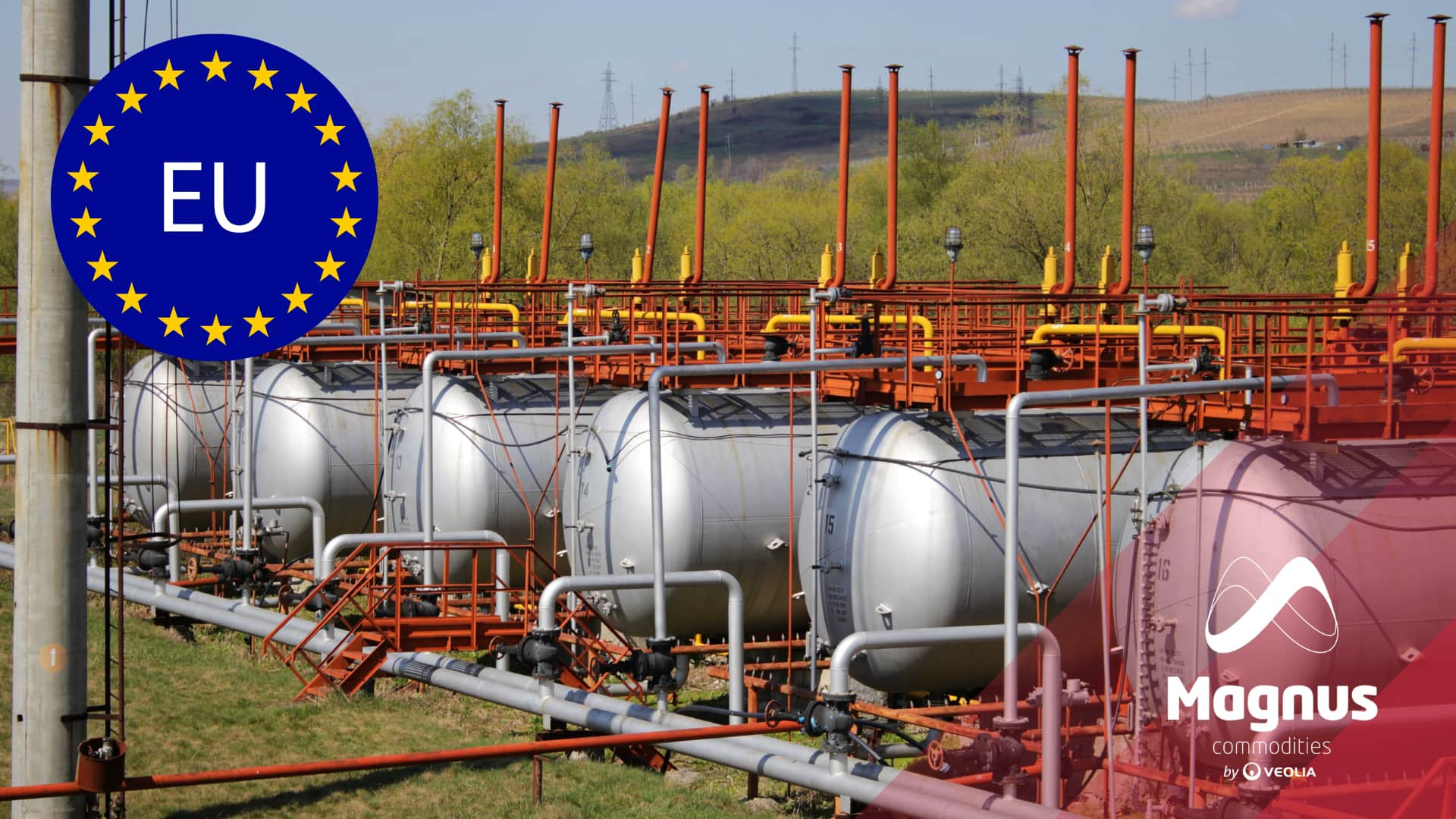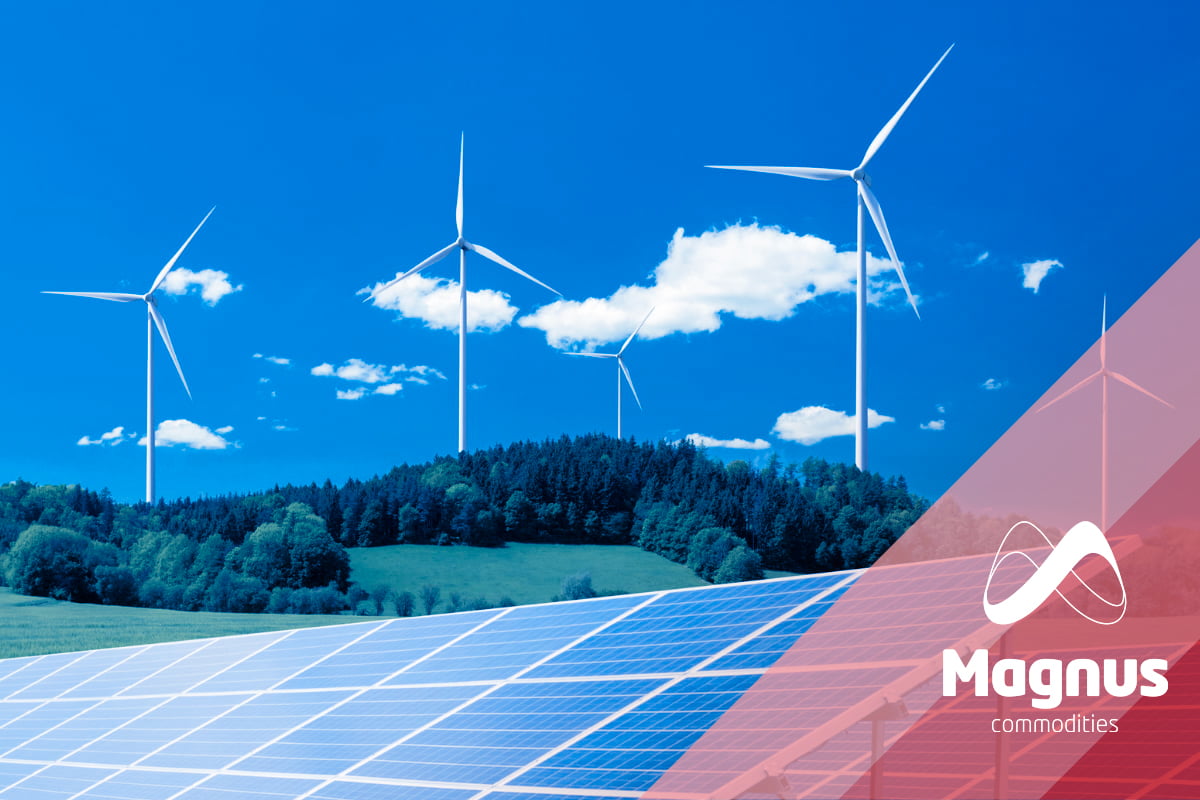
Before covid, the energy sector was facing significant challenges due to growing demand for renewable energy, declining oil demand and falling profits. The virus has only further shaken the energy industry.
Other factors they already faced:
- Many investors are pulling out of traditional energy companies.
- There has been an increase in social responsibility, reducing their popularity.
- Lack of government policies to encourage change towards less carbon.
- Oil and gas companies that can adapt successfully should survive the transition.

Figure 1. Stock Market crash of major US oil producers. Source. Investing
The post-pandemic economic recovery offers a great opportunity to make great advances in decarbonization. The coal industry, which today is the most polluting, may not even survive. Austria and Sweden, for example, announced the closure of their last coal plants. Spain has closed two more plants, while Portugal and the United Kingdom have broken records for electricity generation without coal. Coal does not have much of a future, but what about oil? The strategies of the oil companies will give us a clear signal of what is expected in the market.
In recent years, they are looking for new opportunities trying to leave the crisis behind and with this the way out is clear. The oil companies are wanting to turn towards the renewable sector, they want to diversify towards this type of technology. Some are investing heavily in technology to carbon capture and storage in order to diversify. While others are moving towards solar energy, as for example in the Middle East, a resource they also have in abundance.

Figure 2. Capital expense review 2020. Fuente IEA
Which are moving fast:
Shell
The Anglo-Dutch oil company already announced last year its intention to become the world’s largest utility in ten years. In fact, while, with the virus crisis, the company announced cuts in its core business but there were no changes in the new green business.
Shell has been investing in electricity companies as well as gas suppliers and distributors, also in solar and wind energy projects. These include the 804MW Mayflower wind project and the 120MW solar farm in Queensland, Australia.
It has also reviewed its carbon footprint targets and has committed to reducing its footprint by 30% by 2030 and 65% by 2050 by increasing its production of renewable energy, biofuels, and hydrogen.
BP
British Petroleum aims to reduce investment in oil and gas and in turn wants to increase investment in low carbon projects to make them its core business in a few years. Its reduction targets are 50% by 2050.
BP is also investing in energy management, helping end consumers to reduce their own footprint, thus contributing to the overall reduction. It also has a strong presence in biofuels, solar and wind energy. In addition, they are investing in feasibility studies for hydrogen production from solar and wind farms.
Total
The French multinational has made a strong commitment to solar and wind energy and energy storage, making its first investment in electric vehicle batteries. It wants to reach a total of 25GW of installed capacity from renewable sources. While announcing annual spending cuts of 25%, its new business remains intact in its plans.
Also, with a goal of net zero emissions by 2050, Total plans to have low-emission operations represent 20% of its sales by 2040.
Repsol
The Spanish multinational was the first company in the world to commit to net zero emissions by 2050. In just five months, BP, ENI, Shell and Total have followed in its footsteps.
Which ones are lagging?
Chevron
The American oil company has been one of the stragglers. Shareholders are pushing for a commitment to climate change. Even so, it is divesting some of its assets, in fact, last week it put one-sixth of Australia’s largest LNG project up for sale.
ExxonMobil
The largest oil company in the United States is beginning to focus on producing low-emission energy and working to develop advanced biofuels from algae and cellulosic biomass.
The impact of this transition on the oil market will be difficult. Crises have forced the oil sector to reinvent itself on previous occasions, but this time, the pandemic has forced the energy transition and forced companies to make major decisions very quickly.
We still do not know who the company or companies that will lead the change are, but those that do not make the switch to cleaner energy will be left behind. In other words, those who know how to adapt best and fastest will win.
The change of the big oil companies may not be very big, and it is far from enough, but what is clear is that it is a much bigger change than what they have done in the last decades.
Sonia Díaz | Energy Consultant
If you found it interesting, please share it!
Recent Articles



































